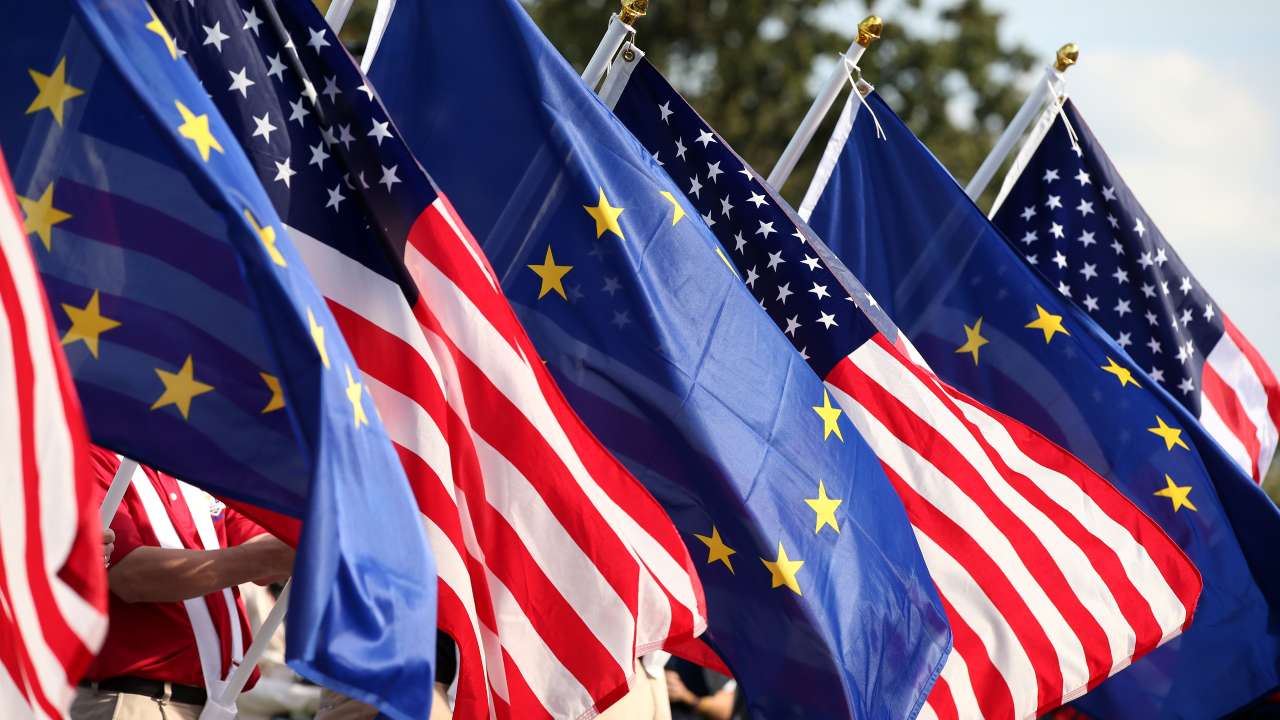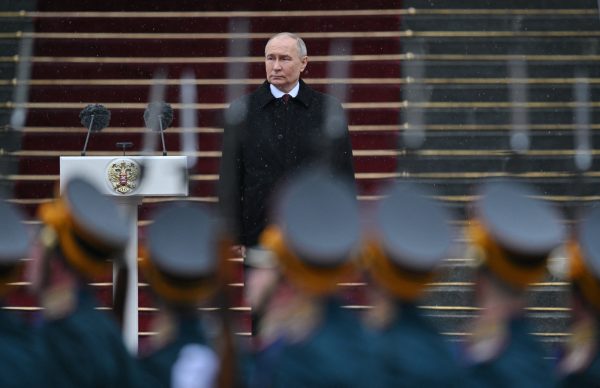In the early 2000s, Georgia made significant strides toward dismantling its broken Soviet-style governance system and worked to replace it with something more Western. Following critical political and economic reforms, the country edged closer to its goal of European Union (EU) and NATO membership. Georgia was even famously dubbed a “beacon of liberty” in the region.
Today’s headlines are less welcome. Having failed to secure EU candidate status alongside Ukraine and Moldova earlier this year, Irakli Garibashvili’s administration has yet to make significant progress on reforms required by the bloc. War in Ukraine, and the decision to distance Georgia from Western sanctions, have dispelled any doubts that democratic backsliding and geopolitical shifts go hand in hand.
The government’s effective decision to toe the Russian line is now more apparent than ever, and anti-Western propaganda has reached new highs. Members of the ruling coalition insinuate that the West is meddling in Georgia’s domestic affairs and amplifying Russian disinformation, which accuses the United States of trying to drag their country into war.
One US observer with a deep understanding of the region told me that the absence of progress for a long period of time leads people to stop paying attention. And many others feel the same way. While Ukraine rightly remains a priority, the focus on Georgia, formerly a poster child for transformation in the region, is becoming increasingly blurred.
But there is a danger here. Deprioritizing Georgia will lead to further corrosion of freedoms in the country and make it easier for the Kremlin to get its way. The West may take its eye off the ball; the Kremlin will not.
While there is clearly frustration at the lack of progress, it would benefit the US and the EU to keep Georgia in focus. The country’s strategic location makes it a potential conduit for Western interests in a region where Russia, China, and Iran play a significant role. At the same time, strained US relations with Turkey, and its desire to deter and counter Iran, elevates the South Caucasus as an alternative platform for projecting its interests.
As Russia’s unprovoked war in Ukraine rages, Georgia can also play an important role in diversifying much-needed energy supplies to Europe, bypassing Russia. It could also help strengthen Western positions on the geostrategically important Black Sea and, having proved a staunch ally in Iraq and Afghanistan, act as a provider of security.
There is a clear benefit for the West in strengthening the resilience of states at Russia’s borders (see Ukraine, where earlier heightened involvement could have reaped rewards.) And as Russia’s strength is drained in Ukraine, strong neighbors could help contain possible regional spillovers if Russia is internally destabilized.
Georgia still has the chance to renew itself. Tens of thousands of Georgians have rallied in support of a European future and, because society is overwhelmingly pro-Western. Solid American engagement could help anchor it firmly in the West.
Public opinion polls show that most of the population is unhappy with the country’s direction and wants change. Research in the summer found that while 62% think Georgia is not currently a democracy, 92% want to live in one, and the overwhelming majority are eager to join the EU and NATO.
To move the process forward, the US should first reach a broad agreement on its role in the South Caucasus and Black Sea regions, and formulate a strategy that feeds into its national security aims of out-competing China, countering Iran, and constraining Russia. American passivity is counterproductive; it leaves the area open to its competitors.
The US should reinvigorate its push to integrate Georgia into Western security structures and increase pressure for democratic reforms by making it clear that reneging on commitments will have serious consequences. The continuous attacks on America and its officials must also be decisively challenged. As these attacks mount, the US looks weak while Russia benefits.
Being part of the West is a historic quest for Georgia. A little over 100 years ago, as the Russian empire collapsed, Georgia embarked on the construction of a modern liberal democracy that guaranteed fundamental freedoms, including the rule of law, freedom of expression, minority rights, and equal voting rights. Five women were among the founders and, in 1919, became elected legislators. It was the Russian Red Army that crushed this European-inspired flowering of freedom.
Georgia started rebuilding bridges with the West as the holiday from history in the 1990s ended, and the US has already spent more than $4bn to assist this transition. While the people of Georgia will ultimately decide their country’s future, the US could play a significant role in shaping the regional dynamics and preventing Georgia’s slide into the Russian sphere of influence. The additional cost and risk to the US would be small, but the potential benefits are enormous.
Irina Arabidze is CEPA’s 2022 James S. Denton Fellow, a visiting lecturer at the Caucasus University in Tbilisi, and a regular contributor to the online media outlet Tabula. As a Fulbright scholarship recipient, Irina holds a master’s degree in International Affairs from the Bush School of Government and Public Service at Texas A&M University and a graduate degree in International Relations and European Studies from the Central European University.





